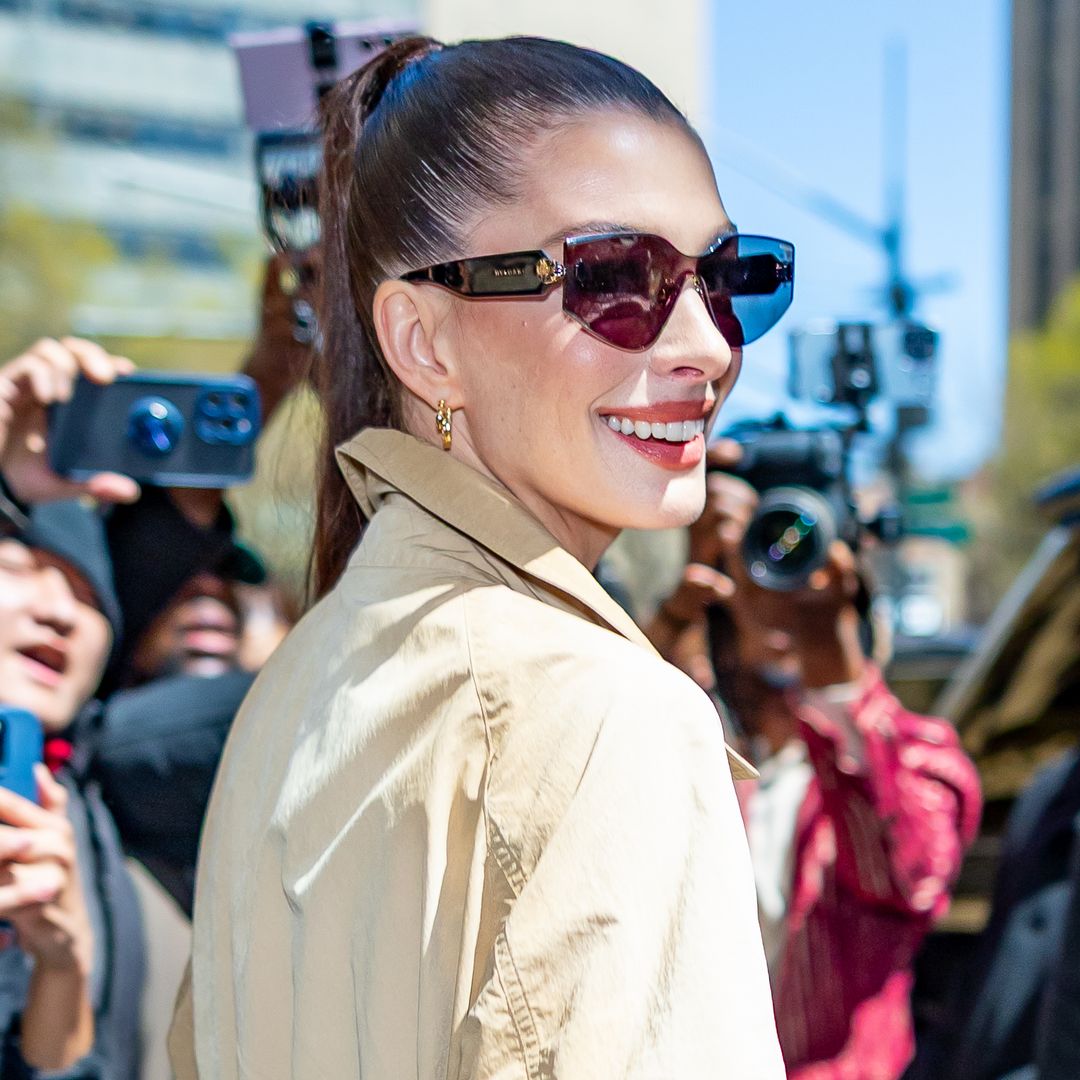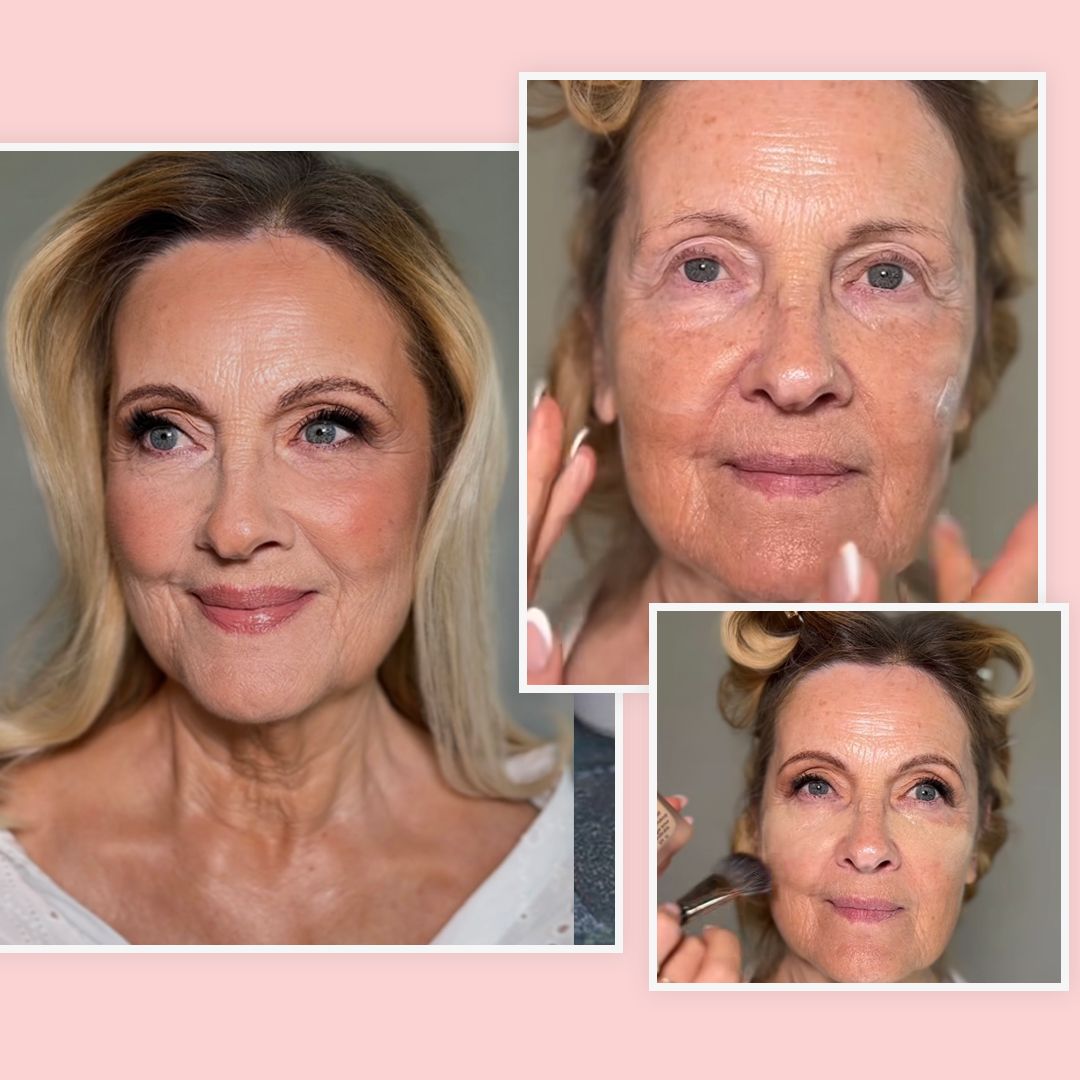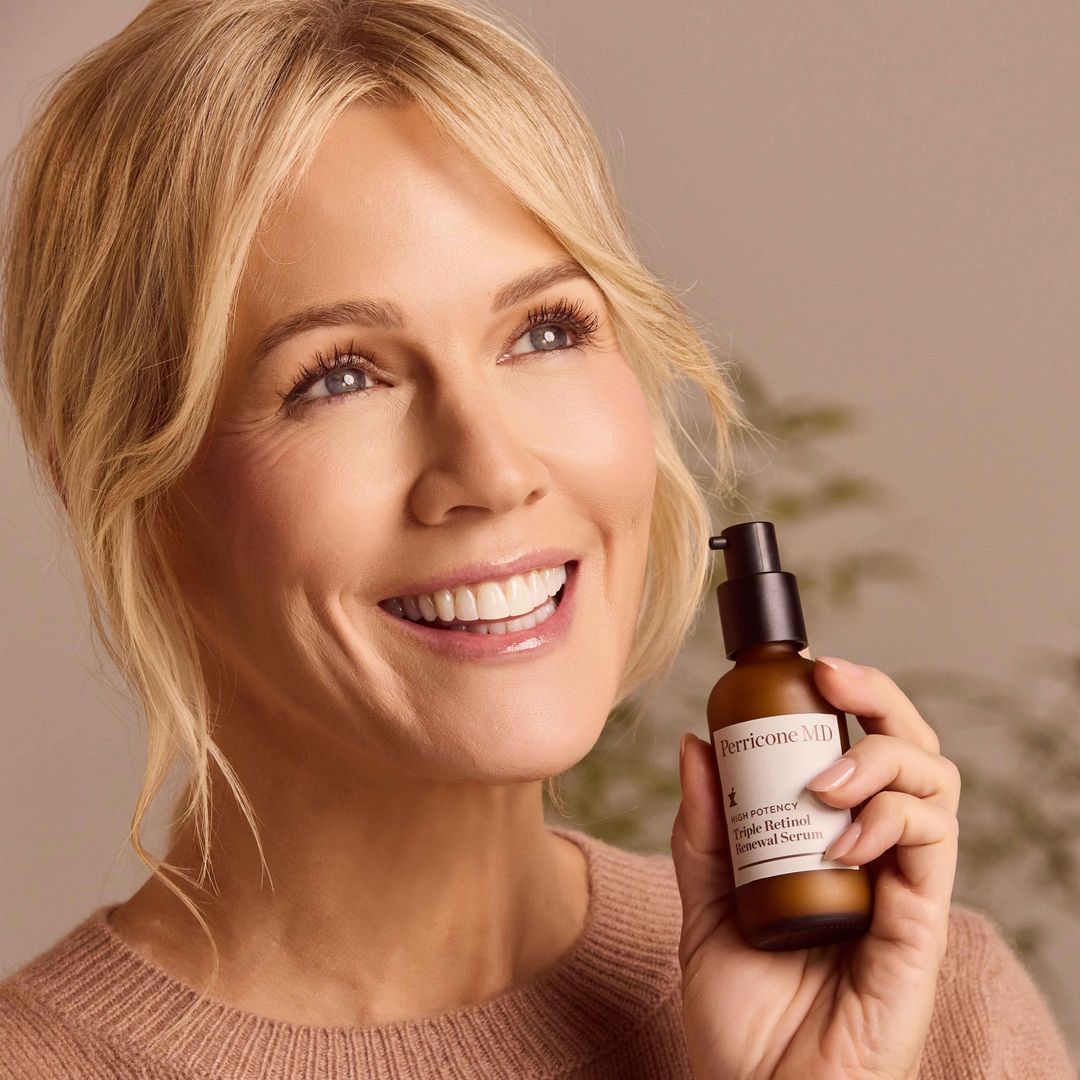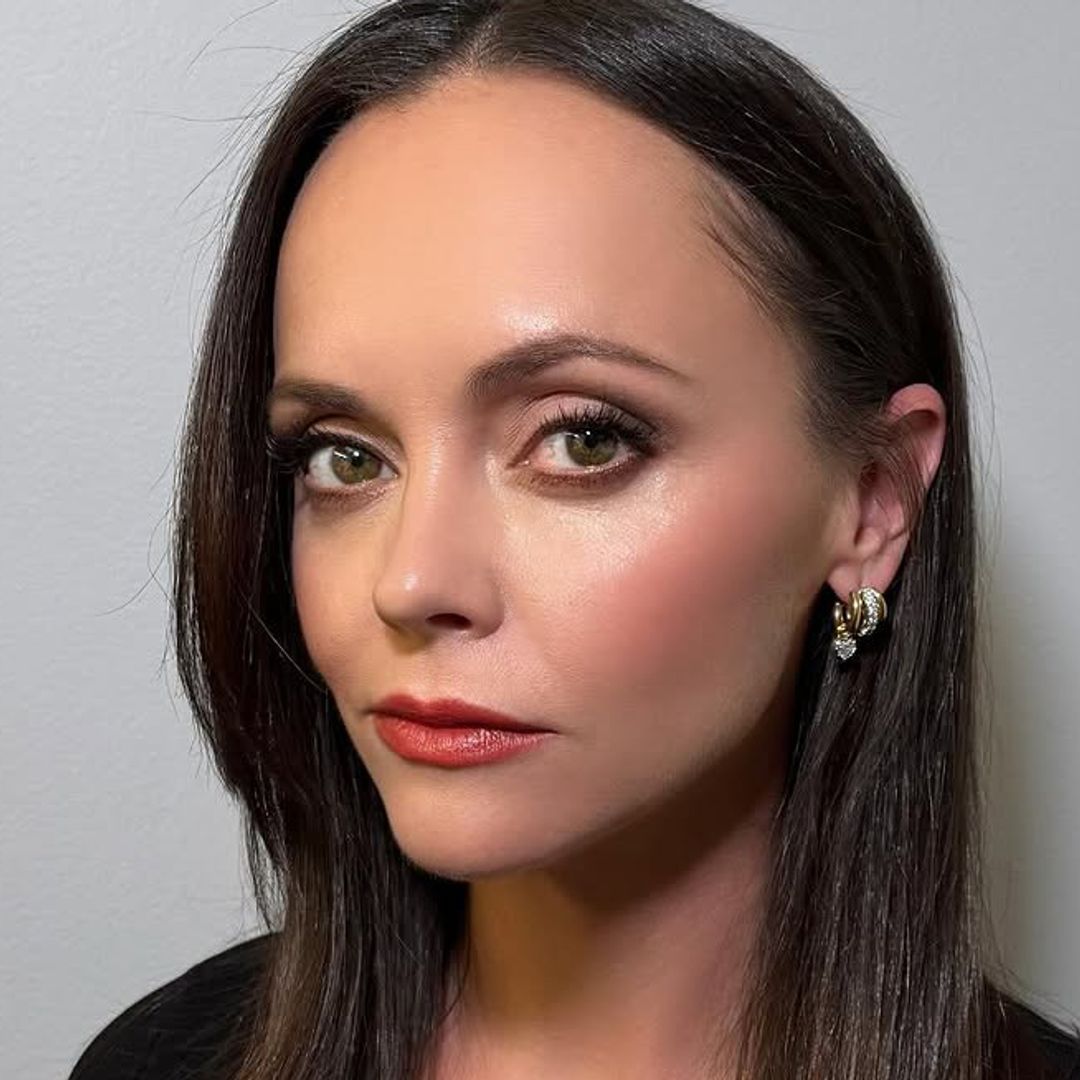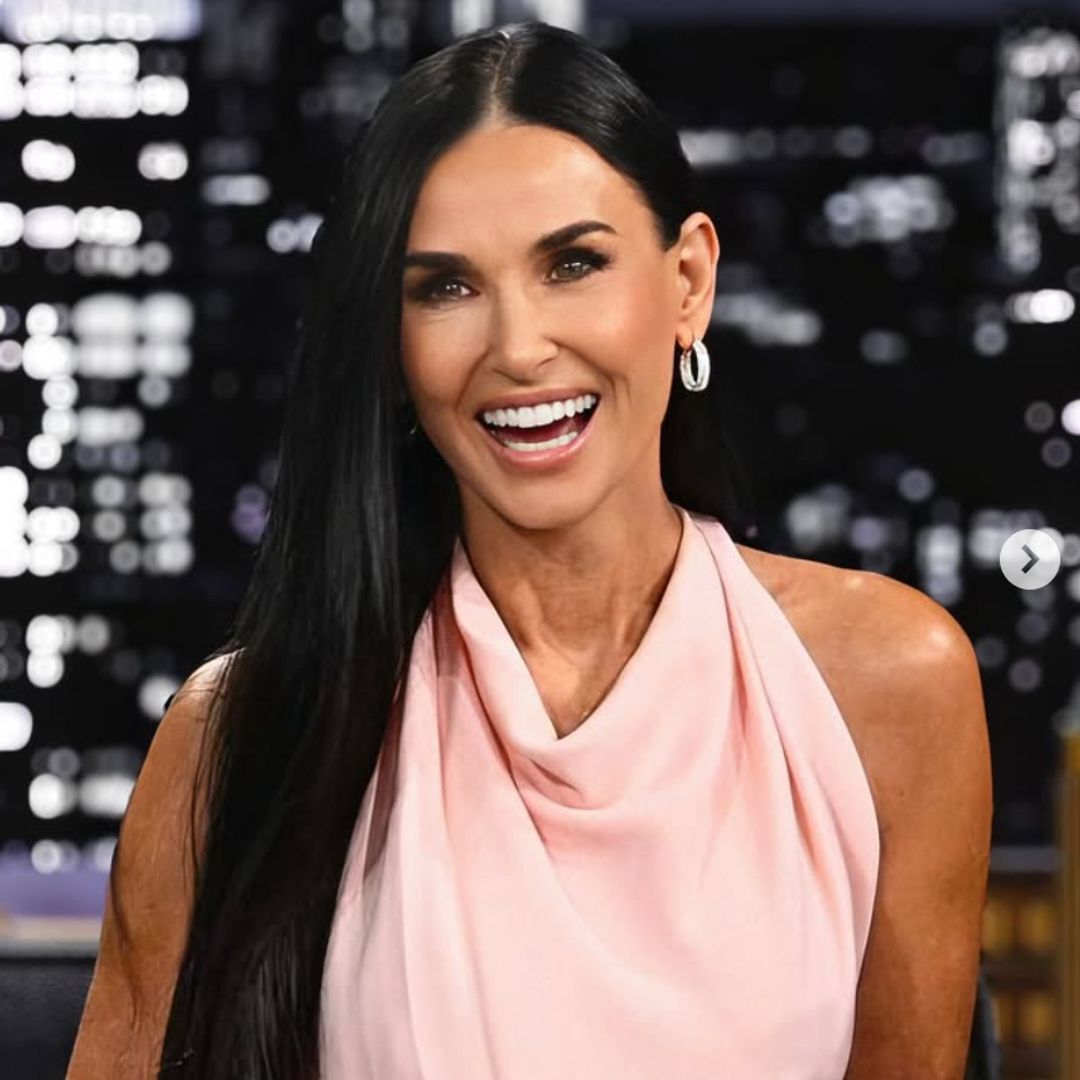Many of us are on a New Year's health kick now that the festive period is behind us, embarking on an 'eat clean' regime in a bid to detox.But there can be such a thing as 'too healthy' – namely when it develops into an eating disorder called 'Orthorexia'.Although it does not yet have a formal medical diagnosis, Orthorexia nervosa was first described by Californian doctor Steven Bratman in 1997. It now appears to be on the increase due to social media and its obsession with '#cleaneating' - you can barely glance at your newsfeed on Instagram without popular bloggers offering recipes that exclude gluten, dairy and sugar, or green smoothies full of raw ingredients.
But what young girls might not realise is that the people behind these Instagram accounts may not be qualified to offer nutritional advice.
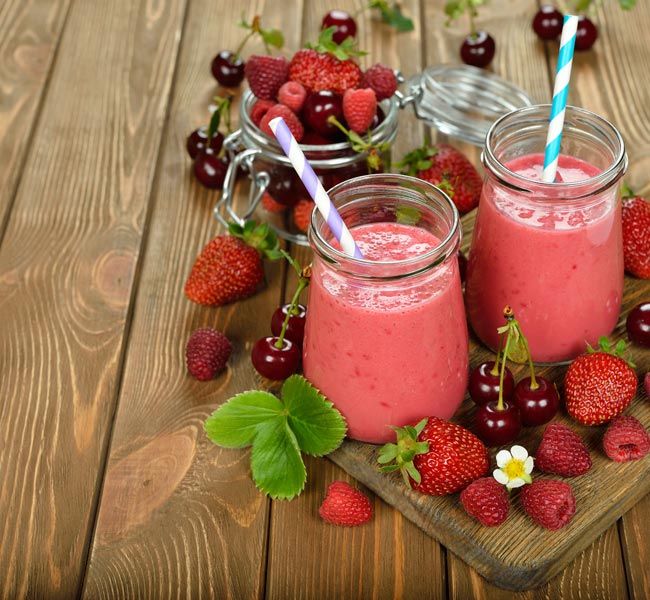
So what exactly does the team 'Orthorexia' mean, how do we avoid it and how should we be eating? We get the lowdown from leading London dietitian Emer Delaney..."Orthorexia, described as a ‘fixation on righteous eating’, tends to start out as a true intention to eat healthy foods, but is then taken to the extreme," Emer tells us. "A defining characteristic includes missing out or not participating in social occasions because of the food being served. It also includes underlying motivations, such as the compulsion for complete control, the desire to be thin, improving self-esteem and using food to create an identity. Many with orthorexia are also exercise enthusiasts, where exercise is equally as important in their lives as eating. "People develop rules about how much to eat, the timing and location of eating meals, avoiding specific foods due to misguided beliefs on what they perceive as healthy. It’s a behaviour that can have insidious and far-reaching effects beyond the physical. What starts as a genuine intention to become healthier, develops into a diet that become so restrictive in both calories and variety that health suffers. People slowly begin to eliminate entire food groups such as diary, grains and meat and food choices become extremely limited."
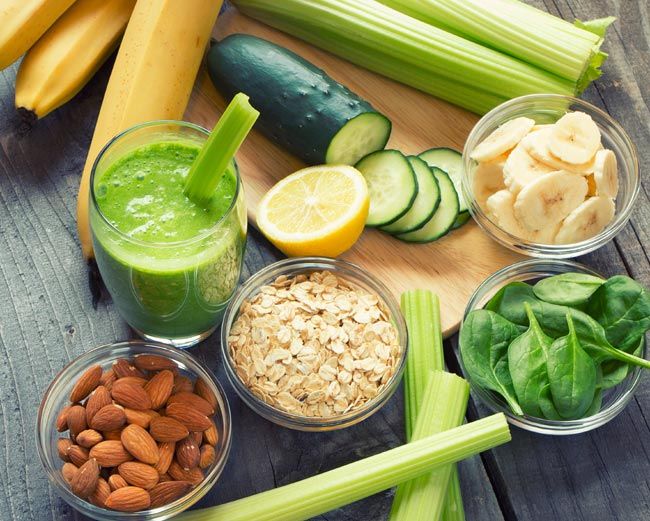
As a dietitian, Emer's role is to re-educate people about the nutritional value of all foods.
And while many Instagram accounts would have us believe all carbs should be avoided, Emer tells us it's important to include everyday foods in our diets such as rice, pasta, breads and dairy.
What's more, extra 'treat' foods should be enjoyed occasionally, advises Emer. "I also discourage foods from being labelled as 'good' or 'bad' – this is essential, as it can help eliminate any guilt associated with 'treat' foods, allowing room for inclusion as part of a healthy, balanced diet."
For more information, contact Emer.

